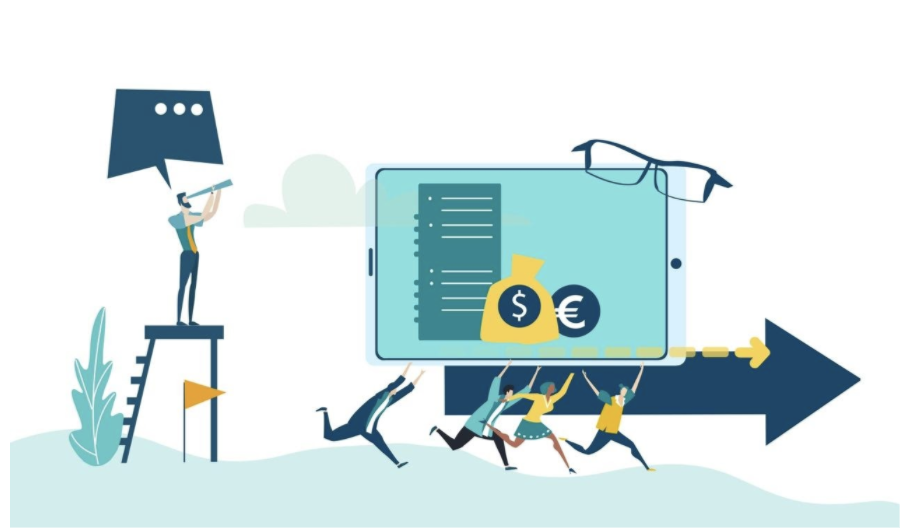Real estate investments can be the most lucrative types of investment. Getting loans for such investments are, however, sometimes difficult, especially if the property is in a bad state of repair or the investor has a problematic credit history. Even in the best cases, getting a loan quickly from a large bank can be a challenge. This is where real estate investors may turn to a private lender, particularly a hard money lender. And hard money lenders can make a healthy income from such investments.
In this article, you will learn what a hard money lender is, the advantages and disadvantages of being a hard money lender, and how you can become one.






